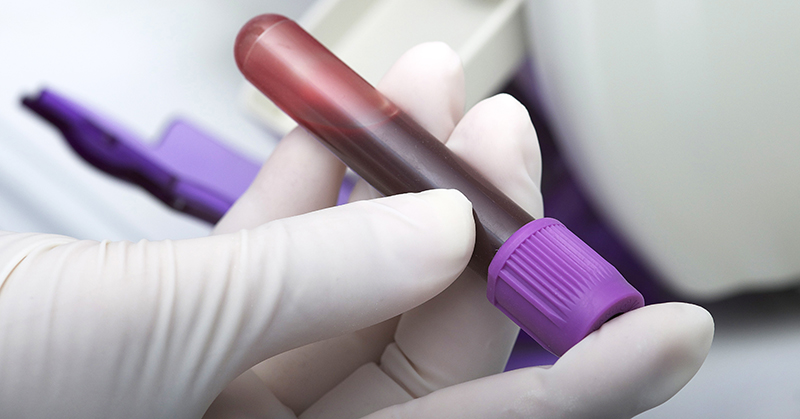
Researchers funded by the National Institutes of Health have developed a new method to evaluate blood tests for pregnant women to identify anomalies in the genes of their fetuses. Currently, existing blood tests for pregnant women can screen only for chromosome-level variants, such as the extra chromosome that occurs in Down syndrome and a small number of variants occurring in fetal genes.
The new approach has the potential to replace procedures that insert a needle into the uterus to retrieve fetal cells for analysis. Although widely regarded as safe, these procedures carry slight risks to the pregnant woman and fetus.
The study was conducted by Michael E. Talkowski, Ph.D., of Massachusetts General Hospital, and colleagues. It appears as a letter in the New England Journal of Medicine. NIH funding was provided by the Eunice Kennedy Shriver National Institute of Child Health and Human Development and the National Institute of Mental Health.
Background
The existing procedure for diagnosing fetal genetic conditions from a pregnant woman’s blood sample is called non-invasive prenatal testing. However, the procedure is limited to diagnosing disorders involving whole chromosomes like Down syndrome to detecting X and Y chromosomes, and to identifying only a small number of conditions resulting from a change in a single gene.
More extensive genetic testing requires amniocentesis, which involves inserting a needle through the uterine wall to retrieve fetal cells from the amniotic fluid, or chorionic villus sampling, which involves inserting a needle through the uterine wall or through the cervix to retrieve a sample of the placenta. Both types of procedures carry risks, such as pregnancy loss and infection.
For the current study, researchers used procedures to separate maternal DNA from fetal DNA from a pregnant woman’s blood sample. They then analyzed the fetal exome—the protein coding regions of the genome—for genetic variations, using a method they called non-invasive fetal sequencing (NIFS).
Results
Researchers tested NIFS in 51 pregnancies spanning each of the three trimesters. The method detected single changes in genes’ DNA bases. Comparisons with maternal exomes revealed that some genetic changes were passed on from the maternal exome and some spontaneously occurred in the fetal exome. Of the 51 pregnancies, 14 had also been referred for conventional invasive procedures. NIFS detected all the major genetic variants diagnosed with conventional testing.
Significance
The authors stated that with further refinements, the new method could be used for routine fetal genetic screening. The investigators are currently working to verify their findings in a larger number of patients.
Reference
Brand, H, et al. High-Resolution and noninvasive fetal exome screening. New England Journal of Medicine. 2023. DOI: 10.1056/NEJMc2216144 .

 BACK TO TOP
BACK TO TOP